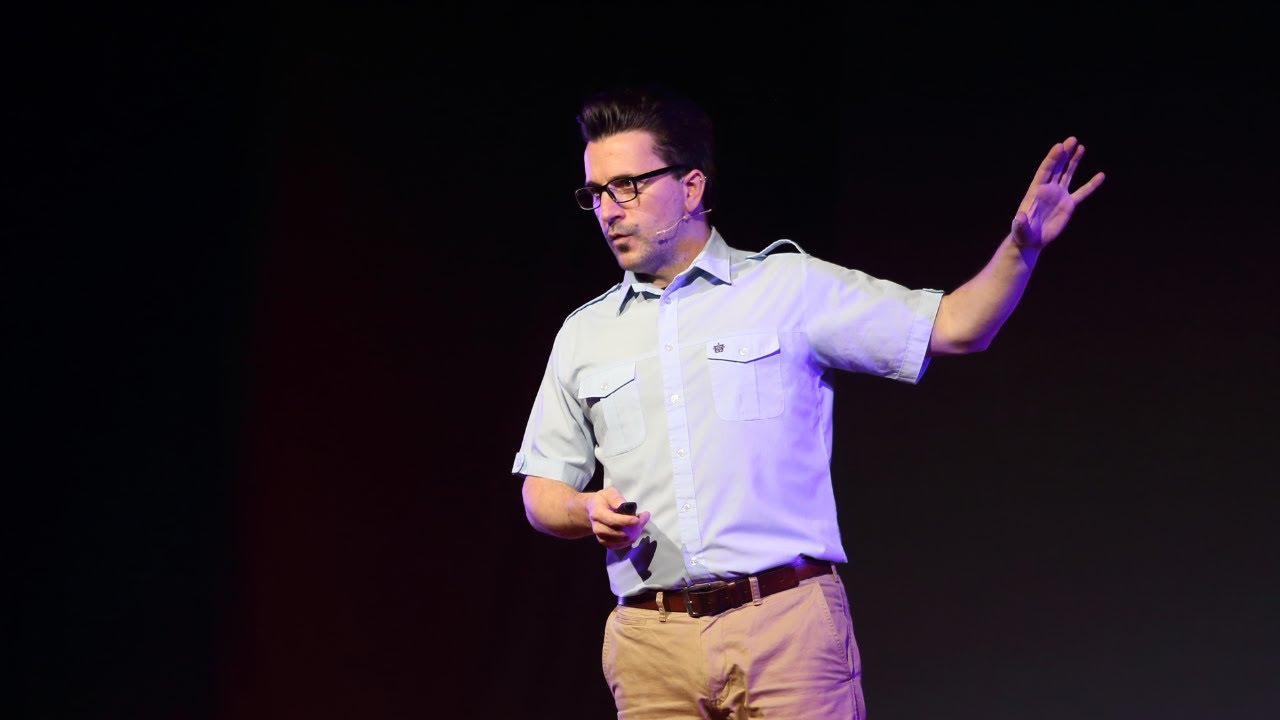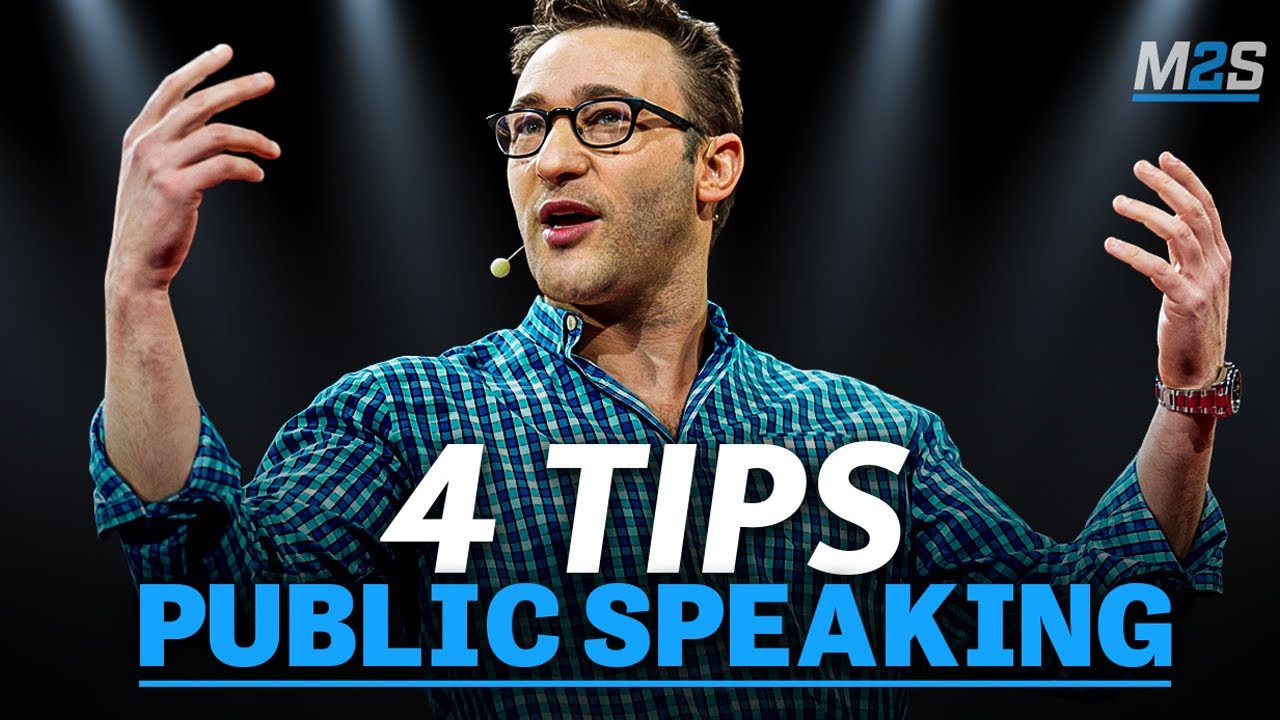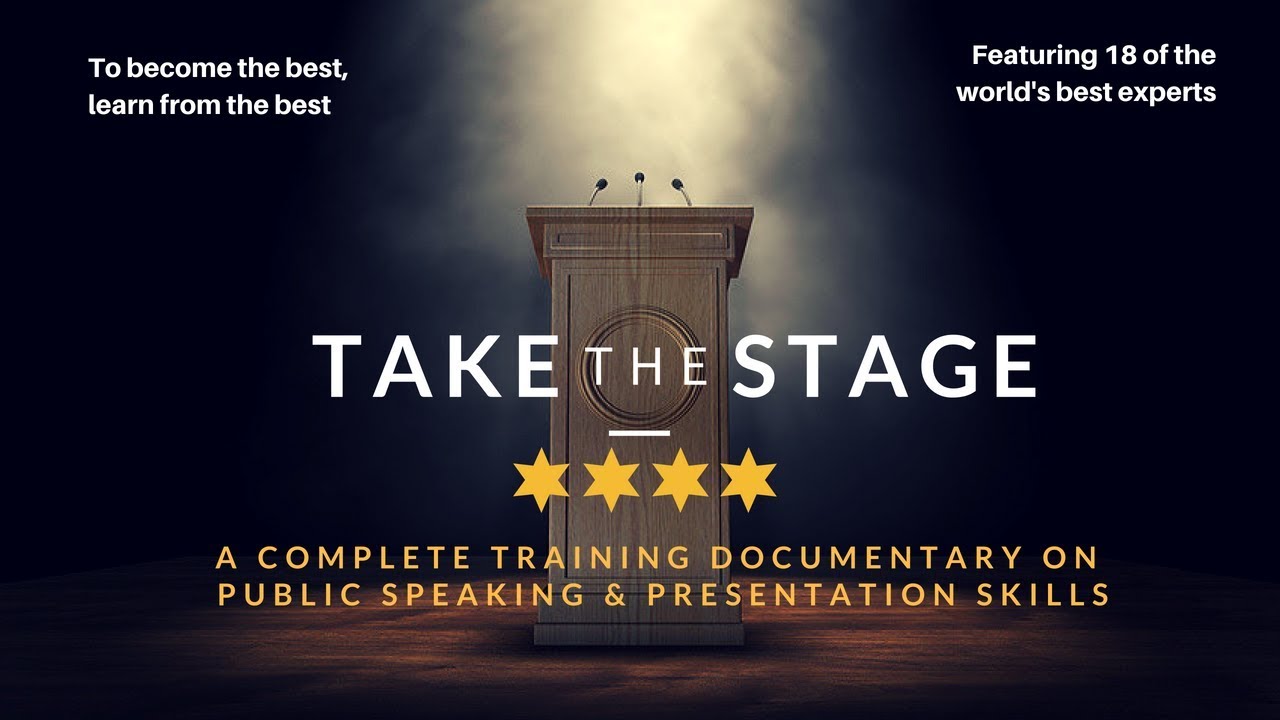In the ever-changing landscape of professional speaking, keynote speaker training has become an absolute must. If you’re eager to connect with diverse audiences in a world where technology and communication practices are shifting rapidly, then mastering the art of the keynote is your ticket to transformative success. This article delves deep into what makes effective keynote speaker training, uncovering actionable insights and real-world examples that illustrate the journey to becoming an outstanding speaker.

1. Top 7 Key Components of Effective Keynote Speaker Training
Transformative keynote speaker training incorporates several critical elements that enhance a speaker’s effectiveness. Here are the top seven components that contribute to profound success:
1. Audience Analysis and Understanding
Understanding your audience is key. Legendary speakers like Brené Brown and Simon Sinek emphasize tailoring your message to fit the needs and interests of your listeners. Focus your keynote speaker training on techniques for analyzing audience demographics, values, and preferences. This way, you ensure your presentations resonate deeply and leave a lasting impression.
2. Storytelling Mastery
The capacity to craft compelling narratives is what distinguishes great speakers. Training programs, such as those provided by The Moth, teach speakers to tap into storytelling’s immense power. Engaging, relatable stories create emotional connections with your audience. Therefore, mastering techniques for creating authentic narratives is vital for any keynote speaker training program.
3. Non-Verbal Communication and Presence
Did you know that non-verbal cues greatly influence how your audience perceives you? Training sessions should highlight the significance of body language, eye contact, and vocal tone in conveying enthusiasm and credibility. Take a page from Tony Robbins, whose dynamic stage presence exemplifies how effective non-verbal communication can transform a keynote experience.
4. Content Development and Structure
Without well-structured content, your message may fall flat. It’s crucial that your keynote has a clear message, accompanied by coherent content. Employ frameworks like TED’s 3-part structure—introduction, body, and conclusion—to maintain clarity and ensure your message is easily digestible. This structured approach enhances your audience’s understanding and engagement.
5. Practice and Rehearsal Techniques
Deliberate practice is essential in mastering public speaking skills. Renowned author and speaker Carmine Gallo emphasizes rigorous rehearsal routines. Techniques like video recording your presentations and seeking peer feedback can vastly enhance your delivery. A focused practice regimen should be a pivotal part of any keynote speaker training program.
6. Technological Proficiency
In today’s digital scene, leveraging technology to enhance presentations has never been more important. Speaker training must include skills related to tools like Microsoft PowerPoint, Prezi, and other engaging platforms. Integrating multimedia and interactive elements can significantly magnify your keynote’s overall impact.
7. Feedback and Adaptation Skills
Receiving constructive feedback is vital for growth. Platforms like Toastmasters provide invaluable opportunities for speakers to gather real-time feedback. Training should create environments where you can practice and learn to adapt based on the feedback received, fostering a culture of continuous improvement.

The Transformative Journey: From Training to Success
The journey through keynote speaker training is about growth, not just acquiring skills. Icons like Michelle Obama and Gary Vaynerchuk showcase how effective training can serve as a catalyst for personal and professional transformation. Their stories emphasize the need to align your unique voice and mission with speaking engagements.
The effect of a well-crafted keynote isn’t just immediate; it reverberates through time, influencing thoughts, behaviors, and engaging communities. Investing in keynote speaker training means dedicating yourself to sharing valuable insights and inspiring change in the world around you.

Moving Forward: Realizing Transformative Success
As we advance into 2024, the appetite for authentic, impactful keynote speakers increases. By fully embracing comprehensive keynote speaker training, you equip yourself with the skills needed to deliver memorable presentations and cultivate a mindset of perpetual growth. Focus on the vital components outlined above, and pave your unique path to transformative success.
In conclusion, keynote speaker training is a strategic investment in your capability to ignite meaningful conversations, inspire actionable change, and shape a brighter future through the power of storytelling and connection. So, take charge of your speaking career today. Learn more about how to propel your journey by visiting our resource on How To become a motivational speaker. You can also explore our speaking career course and start learning public speaking online. With each step you take, you’ll find yourself moving closer to creating lasting impact on stage and in the business sphere.
Incorporating resources is an essential part of refining your skills as you embark on this exciting journey. Here are some notable aspects to consider:
Transform your speaking journey into a powerful mission. Start with keynote speaker training and watch the world open up in front of you.

Keynote Speaker Training: Fun Trivia and Interesting Facts

The Evolution of Keynote Speaking
Did you know that the term “keynote” originally dated back to music, referring to the note upon which a piece is centered? Just like a symphony, a great keynote speech creates harmony, engaging its audience in a seamless flow of ideas. The art of speaking has come a long way, with more folks looking to learn public speaking online to enhance their skills. With technology, speakers now reach global audiences with just a click—talk about convenient!
Speaking of convenience, research shows that the average human attention span is now shorter than that of a goldfish! With only about eight seconds to capture listeners, keynote speaker training becomes critical. So, how can aspiring speakers keep their audience hooked? Well, injecting storytelling and interactive elements into presentations are game-changers.
The Power of Effective Keynotes
Another fun fact: did you know that the effectiveness of a keynote speech can lead to a surge in product buys or attendance at future events? It’s true! Great speakers become catalysts for action, influencing their listeners profoundly. Want to cultivate that skill? Attending workshops or training sessions offers actionable tips and techniques to refine your delivery. Mixing in humor and personal anecdotes goes a long way too. Suddenly, the prospect of standing in front of a crowd doesn’t seem so scary, right?
Keynote speaker training also emphasizes the importance of audience analysis. Understanding your crowd can make or break your presentation. Believe it or not, tailoring content based on the audience’s needs can boost engagement levels significantly. Talk about a speaking superpower!
Tips for Becoming a Standout Keynote Speaker
And here’s a nugget you might find interesting: nearly 70% of adults cite public speaking as their greatest fear, often ranking higher than death! That’s why honing your skills through keynote speaker training isn’t just beneficial—it’s essential. The right training can ease anxiety and boost confidence, empowering you to deliver messages that resonate. So, if you’re considering diving into the world of professional speaking, why not start by honing your craft on platforms that offer practical resources?
For those already on their speaking journeys, remember that improvement is an ongoing process. Continuous learning and practice are the name of the game. Every presentation is a chance to refine your skills, connect deeper with your audience, and ultimately become a more persuasive and engaging speaker. So, gear up and get started!

How do you become an effective keynote speaker?
To become an effective keynote speaker, it’s crucial to know your audience, structure your speech well, and deliver it with passion and authenticity. Practice is key, so rehearse often, get feedback, and refine your delivery style.
How do you become a keynote speaker?
Becoming a keynote speaker generally involves building expertise in a particular area, gaining speaking experience, and developing a unique message that resonates with audiences. Networking with other speakers and participating in events can also help you secure speaking opportunities.
How much do keynote speakers earn?
On average, a keynote speaker in your area earns around $25 per hour, which is about 30% higher than the national average of $24.47. Earnings can vary based on experience, reputation, and the specifics of each engagement.
How to get trained for public speaking?
To get trained for public speaking, consider taking introductory classes that cover speech structure, body language, and vocal delivery. There are also advanced certificate programs available that focus on areas like persuasive speaking and leadership communication.
What qualifies as a keynote speaker?
A keynote speaker is typically someone who delivers a major address at an event, usually with a focus on a central theme that inspires and engages the audience. They are often experts in their field and have strong public speaking skills.
What should a keynote speaker say?
What a keynote speaker should say really depends on the audience and the event. They should share insights, stories, and information that are relevant, thought-provoking, and memorable for listeners.
What is the salary of keynote?
The salary of a keynote speaker can vary widely based on their expertise and experience. In some cases, they can make hundreds or even thousands of dollars for a single event, while others may charge lower fees.
How much should you pay a keynote speaker?
When it comes to how much you should pay a keynote speaker, it really depends on factors like their experience, the length of the talk, and the event’s budget. Rates can range from a few hundred to several thousand dollars.
How do I market myself as a keynote speaker?
Marketing yourself as a keynote speaker involves building your brand through social media, creating a professional website, and networking with event planners and organizations seeking speakers. Sharing videos of your talks can also boost your visibility.
What is a typical speaker fee?
A typical speaker fee can vary widely based on the speaker’s reputation and demand, but you might see fees ranging anywhere from $1,000 to $10,000 or more for well-known motivational speakers.
Who is the highest paid public speaker in the world?
The highest paid public speaker in the world can fluctuate, but figures have been reported as high as several million dollars per engagement for top-tier speakers like Tony Robbins or former presidents.
Can you make a living as a speaker?
Yes, you can make a living as a speaker if you build a strong personal brand, hone your skills, and find valuable speaking opportunities, but it often takes time and persistence to reach that level.
How do I become a public speaker for beginners?
For beginners looking to become a public speaker, starting with smaller gigs, like community events or workshops, is a great way to gain experience. Practicing with friends and joining speaking clubs can also help boost your confidence.
Where can I learn public speaking skills for free?
You can learn public speaking skills for free through resources like online videos, free workshops, or community groups like Toastmasters, which offers supportive environments for practice.
Can you teach yourself public speaking?
Yes, you can teach yourself public speaking by practicing regularly, studying great speakers, and watching talks online. Record yourself to critique your style and improve over time.
Who makes a good keynote speaker?
A good keynote speaker typically possesses expertise in their topic, engaging storytelling abilities, and a knack for connecting with the audience. They should also be adaptable and responsive to the crowd.
How do I get better at keynote?
To get better at being a keynote speaker, gather feedback from audiences and peers, practice your delivery, and continuously educate yourself about oratory techniques. Attending workshops can also provide valuable insights.
How are keynote speakers chosen?
Keynote speakers are chosen based on their expertise, speaking ability, and the relevance of their message to the event’s theme. Event organizers often consider past speaking experience and audience reviews.
How do I promote myself as a keynote speaker?
Promoting yourself as a keynote speaker can involve leveraging social media, building a robust online presence, participating in speaking engagements, and connecting with industry influencers to broaden your reach.









